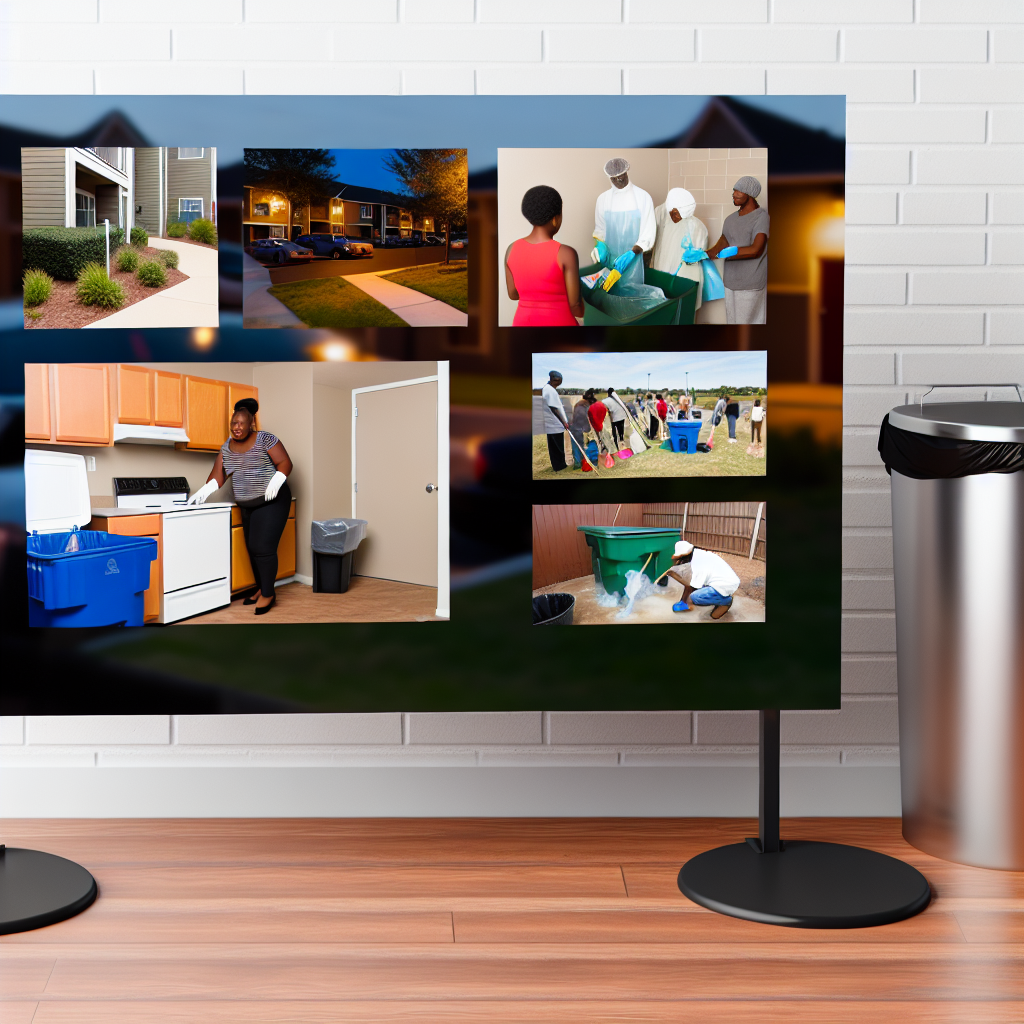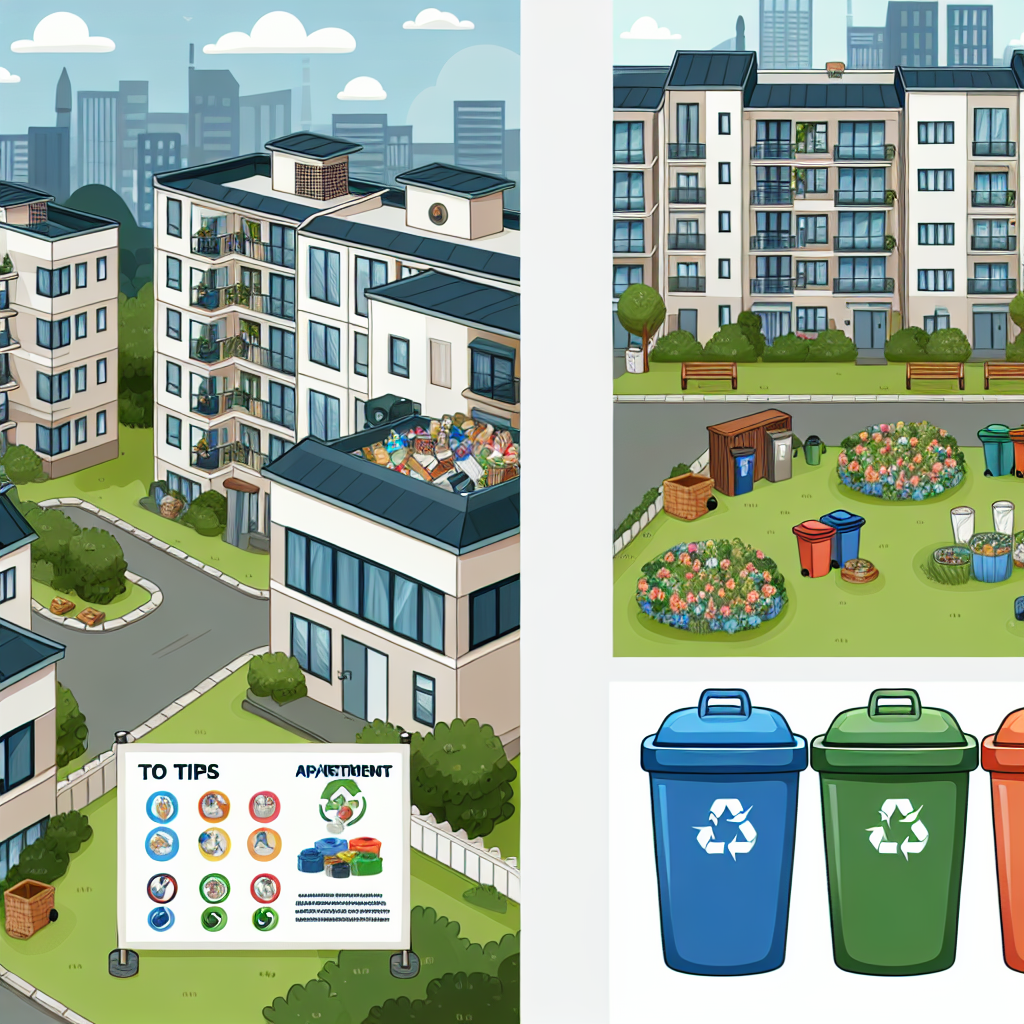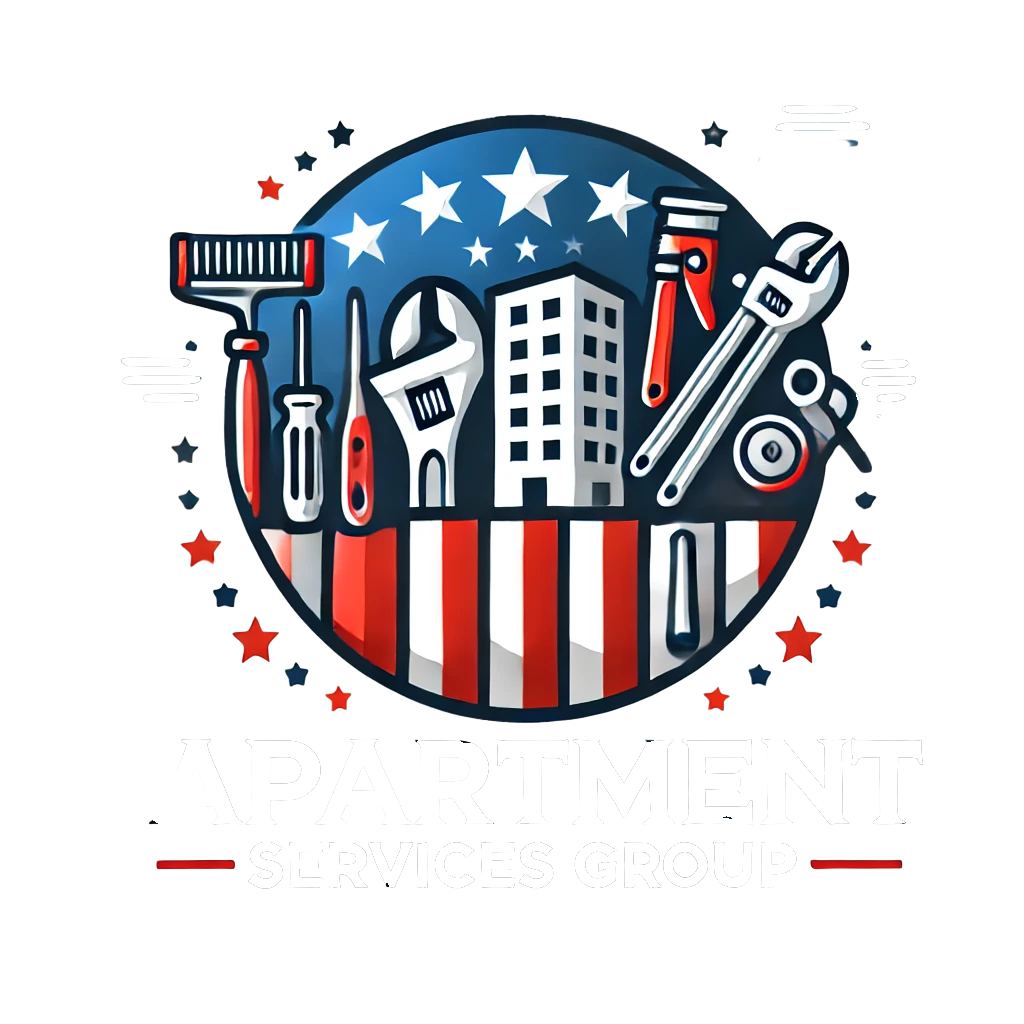Effective Waste Management Strategies for Apartment Trash Services in Large Residential Communities
Effective waste management in large residential communities is a critical component of maintaining cleanliness, promoting sustainability, and ensuring the health and well-being of residents. With the increasing population density in apartment complexes, the volume of waste generated can be substantial, making it essential to implement efficient and organized trash services. To address this challenge, property managers and community administrators must adopt a combination of strategic planning, resident education, and collaboration with professional waste management providers.
One of the first steps in managing trash effectively is to conduct a comprehensive assessment of the community’s waste generation patterns. This includes identifying the types and quantities of waste produced, peak disposal times, and areas where waste tends to accumulate. By understanding these patterns, property managers can tailor waste collection schedules and bin placements to better meet the needs of the community. For instance, increasing the frequency of pickups during weekends or holidays, when waste generation typically spikes, can help prevent overflow and maintain a clean environment.
Equally important is the strategic placement and sizing of waste receptacles. Large residential communities should ensure that trash bins and recycling containers are conveniently located throughout the property, particularly in high-traffic areas such as near elevators, parking lots, and mailrooms. Additionally, using clearly labeled and color-coded bins can encourage proper sorting of recyclables, compostables, and general waste. This not only improves recycling rates but also reduces contamination, which can otherwise lead to entire batches of recyclables being discarded as trash.
Resident engagement plays a pivotal role in the success of any waste management program. Educating residents about proper disposal practices, recycling guidelines, and the importance of waste reduction can significantly enhance compliance and participation. This can be achieved through regular communication, such as newsletters, community meetings, and signage in common areas. Furthermore, offering incentives for responsible waste disposal, such as recognition programs or small rewards, can motivate residents to adopt more sustainable habits.
In addition to resident education, partnering with a reliable and experienced waste management service provider is essential. These professionals can offer valuable insights into best practices, provide customized solutions based on the community’s specific needs, and ensure compliance with local regulations. Services such as bulk item pickup, hazardous waste disposal, and electronic waste recycling can also be arranged to address less frequent but equally important waste streams.
Technology can further enhance waste management efforts in large residential communities. Smart waste bins equipped with sensors can monitor fill levels in real time, allowing for more efficient collection routes and reducing unnecessary pickups. Mobile apps can also be used to notify residents of collection schedules, report issues, or request special services, thereby improving communication and responsiveness.
Finally, fostering a culture of environmental responsibility within the community can have long-term benefits. Hosting events such as recycling drives, composting workshops, or clean-up days can build a sense of community while reinforcing the importance of proper waste management. By combining strategic planning, resident involvement, professional partnerships, and technological innovation, large residential communities can create a cleaner, more sustainable living environment for all residents.
Bulk Trash Removal and Junk Removal Tips to Maintain Property Cleanliness

Maintaining cleanliness in large residential communities requires a strategic approach to waste management, particularly when it comes to bulk trash and junk removal. These types of waste, which include furniture, appliances, and other oversized items, can quickly accumulate and create unsightly conditions if not handled properly. Therefore, implementing effective bulk trash removal practices is essential to preserving the aesthetic appeal and hygiene of shared living spaces.
To begin with, establishing a regular schedule for bulk trash pickup is crucial. Many municipalities offer scheduled services for large item removal, and coordinating with local waste management providers can ensure that residents are aware of these dates. Clear communication through community newsletters, bulletin boards, or digital platforms can help residents prepare in advance, reducing the likelihood of items being left out for extended periods. In addition, setting designated drop-off points for bulk items can streamline the collection process and prevent random dumping throughout the property.
Equally important is educating residents on what qualifies as bulk trash and how to properly dispose of it. Misunderstandings about acceptable items can lead to improper disposal, which not only clutters the environment but may also result in fines or service disruptions. Providing detailed guidelines, including lists of acceptable items and instructions for preparation—such as removing doors from appliances or bundling materials—can significantly improve compliance and efficiency.
In situations where municipal services are limited or unavailable, hiring a professional junk removal service can be a practical alternative. These companies specialize in the safe and efficient removal of large and hazardous items, often offering same-day service and environmentally responsible disposal methods. Partnering with a reputable provider ensures that waste is handled in accordance with local regulations and reduces the burden on property management staff.
Furthermore, encouraging residents to donate usable items rather than discarding them can contribute to both community cleanliness and social responsibility. Coordinating donation drives or providing information about local charities that accept furniture and appliances can divert a significant portion of bulk waste from landfills. This not only supports sustainability efforts but also fosters a sense of community engagement and goodwill.
Another effective strategy involves implementing a reservation system for bulk item disposal. By requiring residents to schedule pickups in advance, property managers can better control the volume and timing of waste removal. This approach minimizes the risk of overflow and ensures that collection resources are used efficiently. Additionally, it allows for better tracking of waste trends, which can inform future planning and budgeting.
Regular inspections of common areas and waste disposal sites are also essential in maintaining cleanliness. Promptly addressing any issues, such as illegal dumping or overflowing bins, demonstrates a commitment to community standards and encourages residents to follow suit. Installing surveillance cameras or increasing lighting in disposal areas can further deter improper behavior and enhance overall safety.
Ultimately, maintaining a clean and orderly environment in large residential communities requires a combination of proactive planning, resident education, and reliable service partnerships. By prioritizing bulk trash and junk removal as part of a comprehensive waste management strategy, property managers can uphold the quality and livability of their communities while promoting environmental responsibility.
Enhancing Community Hygiene Through Scheduled Apartment Garbage Pickup and Waste Management
Maintaining cleanliness and hygiene in large residential communities is a multifaceted challenge that requires strategic planning and consistent execution. One of the most effective ways to enhance community hygiene is through scheduled apartment garbage pickup and comprehensive waste management practices. By implementing a structured system, property managers and residents can work together to create a cleaner, healthier living environment.
To begin with, establishing a regular garbage pickup schedule is essential. When residents know exactly when their waste will be collected, they are more likely to adhere to proper disposal practices. This predictability reduces the likelihood of trash accumulating in common areas, which can attract pests and create unpleasant odors. Moreover, a consistent schedule allows waste management personnel to plan their routes efficiently, ensuring timely and thorough service across the entire community.
In addition to scheduling, it is important to provide clearly marked and conveniently located disposal areas. These should include separate bins for general waste, recyclables, and, where applicable, organic waste. When residents have easy access to designated disposal points, they are more inclined to sort their trash correctly, which not only supports recycling efforts but also minimizes contamination of waste streams. Furthermore, well-maintained disposal areas reflect a community’s commitment to cleanliness and can encourage residents to take greater responsibility for their surroundings.
Equally important is the role of communication in effective waste management. Property managers should regularly inform residents about pickup schedules, recycling guidelines, and any changes to waste disposal procedures. This can be achieved through newsletters, community bulletin boards, or digital platforms such as email and mobile apps. Clear communication helps prevent misunderstandings and ensures that all residents are aware of their responsibilities, thereby fostering a cooperative approach to maintaining hygiene.
Another key aspect to consider is the implementation of waste reduction initiatives. Encouraging residents to minimize waste generation through practices such as composting, reusing materials, and purchasing products with minimal packaging can significantly reduce the volume of trash produced. Educational campaigns and workshops can be instrumental in promoting these habits, especially when tailored to the specific needs and demographics of the community.
Moreover, regular monitoring and evaluation of waste management practices are crucial for long-term success. Property managers should conduct periodic assessments to identify areas for improvement, such as overflowing bins, improper sorting, or missed pickups. Feedback from residents can also provide valuable insights into the effectiveness of current systems and highlight opportunities for enhancement. By addressing issues proactively, communities can maintain high standards of hygiene and prevent minor problems from escalating.
Finally, fostering a sense of shared responsibility among residents is vital. When individuals understand that their actions directly impact the cleanliness and well-being of the community, they are more likely to participate actively in waste management efforts. Organizing community clean-up events or recognizing residents who consistently follow best practices can help build a culture of accountability and pride in the living environment.
In conclusion, enhancing community hygiene in large residential areas requires a coordinated approach that includes scheduled garbage pickup, accessible disposal facilities, clear communication, waste reduction strategies, and ongoing evaluation. By prioritizing these elements, residential communities can create a sustainable and hygienic environment that benefits all residents.
Keep your community clean and efficient—discover essential Tips for Managing Trash in Large Residential Communities. Take action now and get a quote today!






